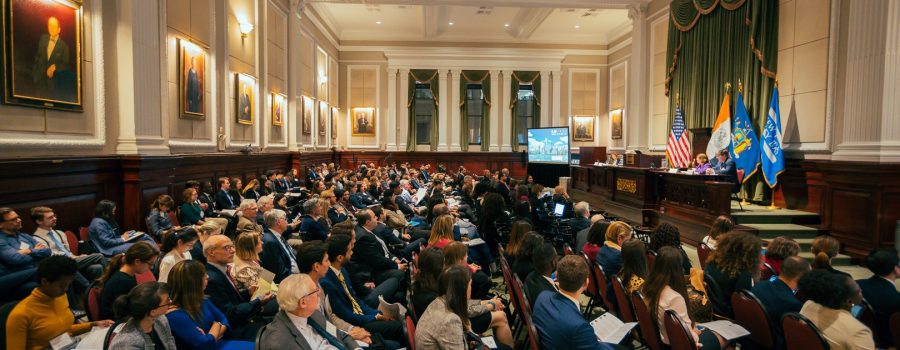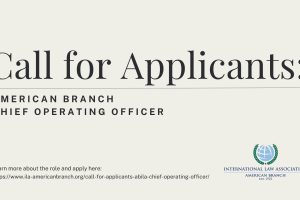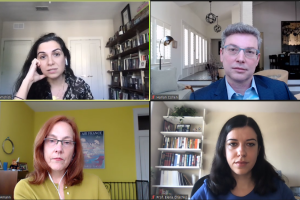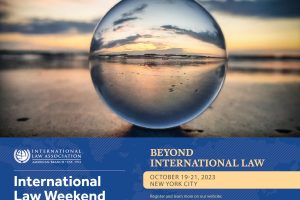The Making (and Unmaking) of the International Rule of Law
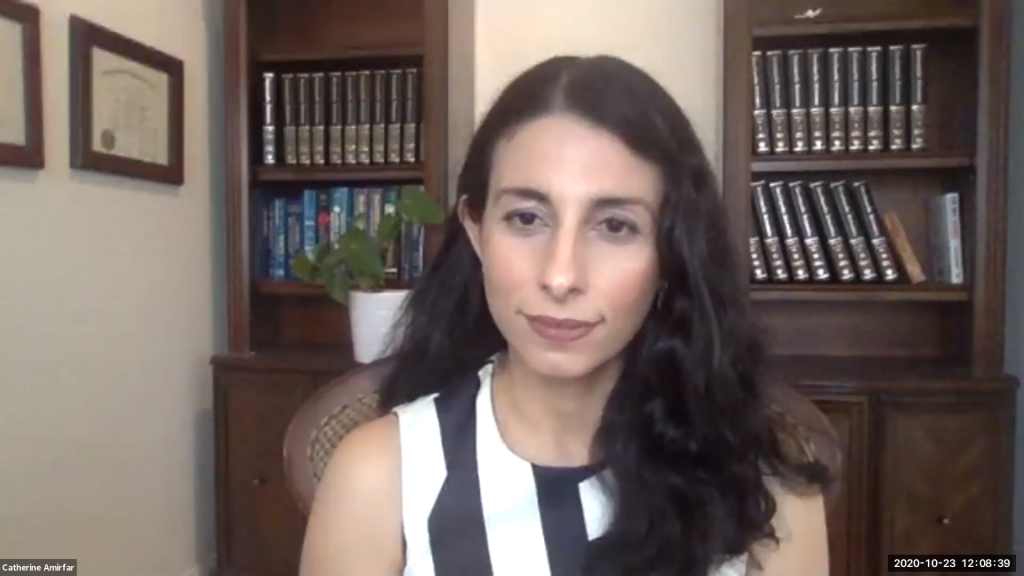
This post was authored by ABILA Student Ambassador Boutros Imad, University of Pittsburgh School of Law ’22.
On Friday, October 22, during ILW 2020, Catherine Amirfar (Partner and Co-Chair of the Public International Law Group at Debevoise & Plimpton, LLP; President of the American Society of International Law) delivered a keynote address on “The Making (and Unmaking) of the International Rule of Law.”
She opened by exploring how international law institutions play a significant role in helping law rule the world, instead of force. International law institutions were given new life based on the belief that the rule of law will make the world a better place. The first step towards this goal took place in 1945 during the San Francisco Conference, one of the largest and most important conferences in modern history, which resulted in the creation of the United Nations to maintain international peace and security. ASIL is another example, as it was founded to promote the establishment and maintenance of the law and justice.
Although the United States has historically been a supporter of (and often driving force behind) international organizations, this view has changed under the Trump administration. The withdrawal of the U.S. from the Open Skies Treaty, World Health Organization, Paris Agreement, Trans-Pacific Partnership, and the Human Rights Council shows its withdrawal from the international sphere. Unfortunately, the U.S. rejection of the ICC will mark history as it constitutes an aggressive stance against the international system.
Ms. Amirfar argued that economic difficulties, chronic unemployment, racism, and inequality will lead to extremism, as they are adding pressure on democracies around the world. Does this mean that we are now in the process of unmaking the rule of law? In her opinion, the making of the international rule of law has been a long journey that is not over yet. There will be always be forward progress, as well as backward steps. Despite some powerful forces, it is undeniable that the rule of law is helping societies live peacefully through seeking justice and fighting racism, corruption, infectious disease, and wars. Some would argue that the UN is not accomplishing its main goal of solving all the issues around the world. However, it is important to note that the UN was created to save us from hell, not to lead us to heaven. History is full of examples of how international law has made the world a better place. The backward steps do not constitute a failure of the whole enterprise; rather, they make societies take a hard look of how to adjust their systems.
For these reasons, the world must rely on norms and laws to become a safer and better place. Ms. Amirfar noted that each individual has a role in promoting and protecting the rule of law, and for this reason, it is important to increase public knowledge and promote popular habits of learning and reading about international affairs. This will help societies translate that knowledge into actions that promote international law.
When asked about the urgent challenges facing the world and the existence opportunities and solutions, Ms. Amirfar expressed that the political division in the U.S. is a challenge because the idea of common ground between Democrats and Republicans is usually forgotten.
If international law is to succeed, people should remain united and remember that they always have common ground, even if they have different political affiliations. Nevertheless, this is an era of reform and rebalance where countries are adjusting their systems, not burning everything down. Individuals can enhance this reform through joining organizations like ABILA and ASIL.
Deprecated: Method hb_options is deprecated since Highend version 3.7. Use highend_option instead. in /home/abila/public_html/wp-content/themes/HighendWP/functions/deprecated.php on line 611

